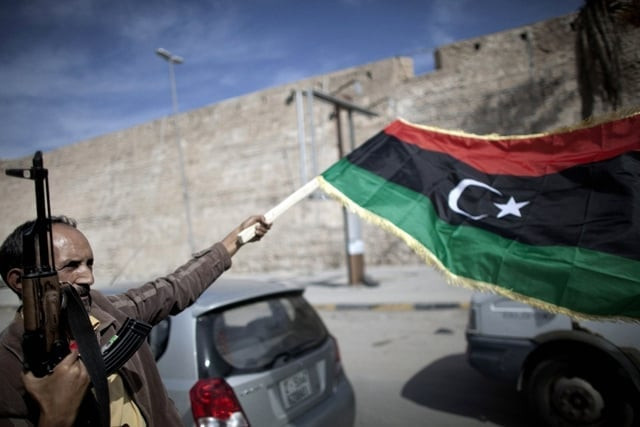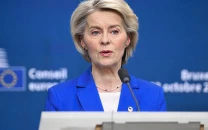Libya drops ban on religion-based parties
The law had earlier irked Islamic parties in the run up to the first free election in June.

The ruling National Transitional Council's (NTC) judicial committee on Wednesday read out a raft of news laws including an amended version of one governing formation of political parties, making no mention of the ban, which was announced last week.
"This point has been dropped and so any party or political organisation will follow the law as it is now," Salwa alDgheily, a member of the NTC judicial council, told Reuters after an NTC meeting.
Libyans vote in June to elect a national assembly for the first time since the overthrow of Muammar Qaddafi. Eighty of the 200 seats will go to political parties, with the rest reserved for independent candidates.
Last week the NTC said it had passed a law banning parties based on religious, tribal or ethnic lines. A new Islamic party viewed as a leading contender signalled it would challenge the decision.
Islamic parties have performed strongly in post-uprising elections in Tunisia, Egypt and Morocco and they are also likely to do well in Libya, a socially conservative country where alcohol was already banned before the 2011 revolution.
Political analysts have said the Muslim Brotherhood is likely to emerge as Libya's most organised political force and an influential player in the oil-exporting state where Islamic groups were harshly suppressed during the 42 years of Qaddafi's dictatorial rule.
Separately, officials said Libya had banned the "glorification" of the Qaddafi regime.
"Glorification of Muammar Qaddafi, his regime, ideas and his children ... is punishable by a prison sentence," according to the text of a new law read out to reporters by an official.
The new law threatens imprisonment of anyone who "offended the 17th February revolution, anyone who insults the Islamic religion or the state and its institutions,” the official quoted the law as saying, referring to the start of Libya's uprising last year.
Libya's NTC has already indicated the country will be run in accordance with sharia, though the exact place of Islamic law in the legal system will be settled only when a new constitution is written after elections.



















COMMENTS
Comments are moderated and generally will be posted if they are on-topic and not abusive.
For more information, please see our Comments FAQ